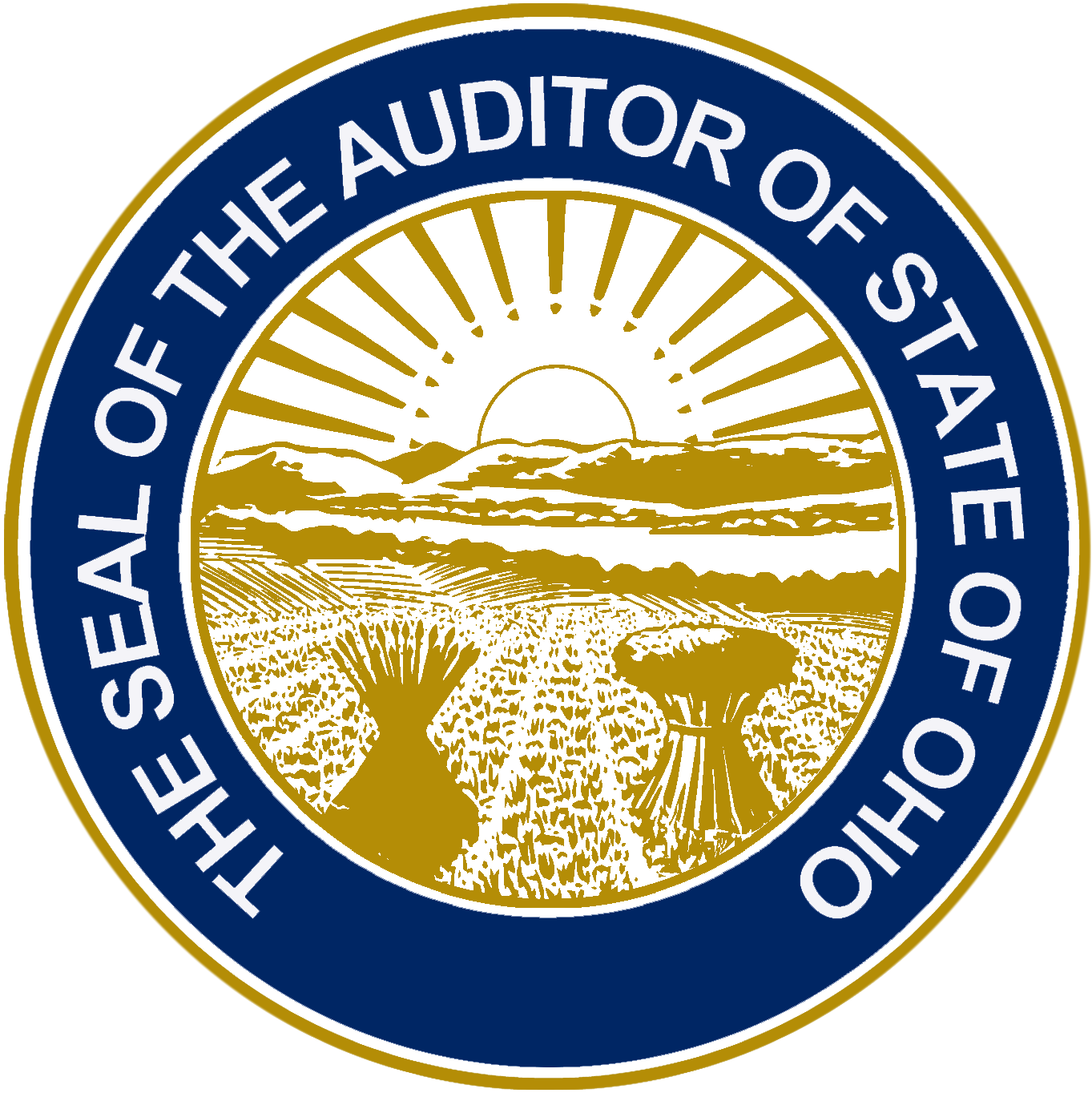
Press Release • Ohio Auditor of State
Ohio Auditor’s Survey Finds Many Local Governments Unaware of Anti-Fraud Services Offered by Banks

Auditor Yost discusses Positive Pay with Dustin Holfinger, Vice President of State
Government Relations for the Ohio Bankers League, at a press conference on Oct. 5, 2016.
Columbus – Nearly half of Ohio’s local governments surveyed recently said they are unfamiliar with fraud prevention services designed to safeguard their bank accounts against fraud.
Some 784 local government officials responded to the nine-question survey conducted by Ohio Auditor Dave Yost’s office in early September. The survey asked fiscal officers, treasurers and others responsible for the safekeeping of tax dollars to report on the levels of usage and effectiveness of anti-fraud bank services at their entities.
Forty-nine percent of respondents said they are unfamiliar with services such as Positive Pay – a fraud detection tool offered by most banks that matches key information in transactions to determine whether payments should be made.
“The sophistication with which thieves operate today requires we take additional steps to protect public dollars,” Auditor Yost said. “I recommend all governmental entities review the safeguards on their accounts and consider adding Positive Pay to their arsenals. It’s hard to be too safe.”
Positive Pay is the subject of the Auditor’s Best Practices newsletter sent this past week to local governments across the state. The publication describes the different services offered by banks and explains why Positive Pay is considered a best practice for deterring fraud in the financial world.
Governments using the service typically provide their banks with a list of checks scheduled for payment. The bank then verifies checks presented for payment against that list, withholding payment for any that do not match.
Of the survey’s respondents, 65 percent said they either have no anti-fraud systems in place on their bank accounts or are unsure. The leading reasons governments gave for choosing not to subscribe were unfamiliarity (45 percent) and expense (32 percent). But the results show 41 percent of governments that do use services like Positive Pay have prevented fraudulent checks from being paid or caught an inadvertent error.
Eighty-three percent of those with anti-fraud systems in place said they feel the services adequately protect their bank accounts against threats of fraud. Twenty-one percent of respondents said their governments have been targeted by “phishing” or email cybercrime, and 24 percent were unsure. Twelve (2 percent) experienced financial losses as a result.
Auditor Yost urged local governments in June to be on high alert for criminals targeting their bank accounts due to an increase in reported attacks. In one case, a Liberty Township fiscal officer came across a fraudulent check for $134,000 cashed by the Royal Bank of Scotland, a bank the township does not typically do business with. The funds were returned, but township trustees decided their bank accounts needed an added layer of defense. They enrolled in a Positive Pay service for $50 a month, plus transactional fees that bring the monthly total to $65.
In August, staff from the Auditor’s office met with bank executives to brainstorm ways for local governments to shield their bank accounts from similar threats. Both sides agreed that Positive Pay is the most effective, yet low-cost option available for protecting public funds.
“Fraud protection like Positive Pay is a necessary step to protect tax dollars,” Auditor Yost said. “We think those entrusted with tax dollars at schools, libraries, townships, villages and beyond should look seriously at this option. It’s a relatively inexpensive safety net.”
Click here to watch a video of the press conference.
###
The Auditor of State’s office, one of five independently elected statewide offices in Ohio, is responsible for auditing more than 5,900 state and local government agencies. Under the direction of Auditor Dave Yost, the office also provides financial services to local governments, investigates and prevents fraud in public agencies and promotes transparency in government.
Contact:
Ben Marrison
Director of Communications
614-644-1111
